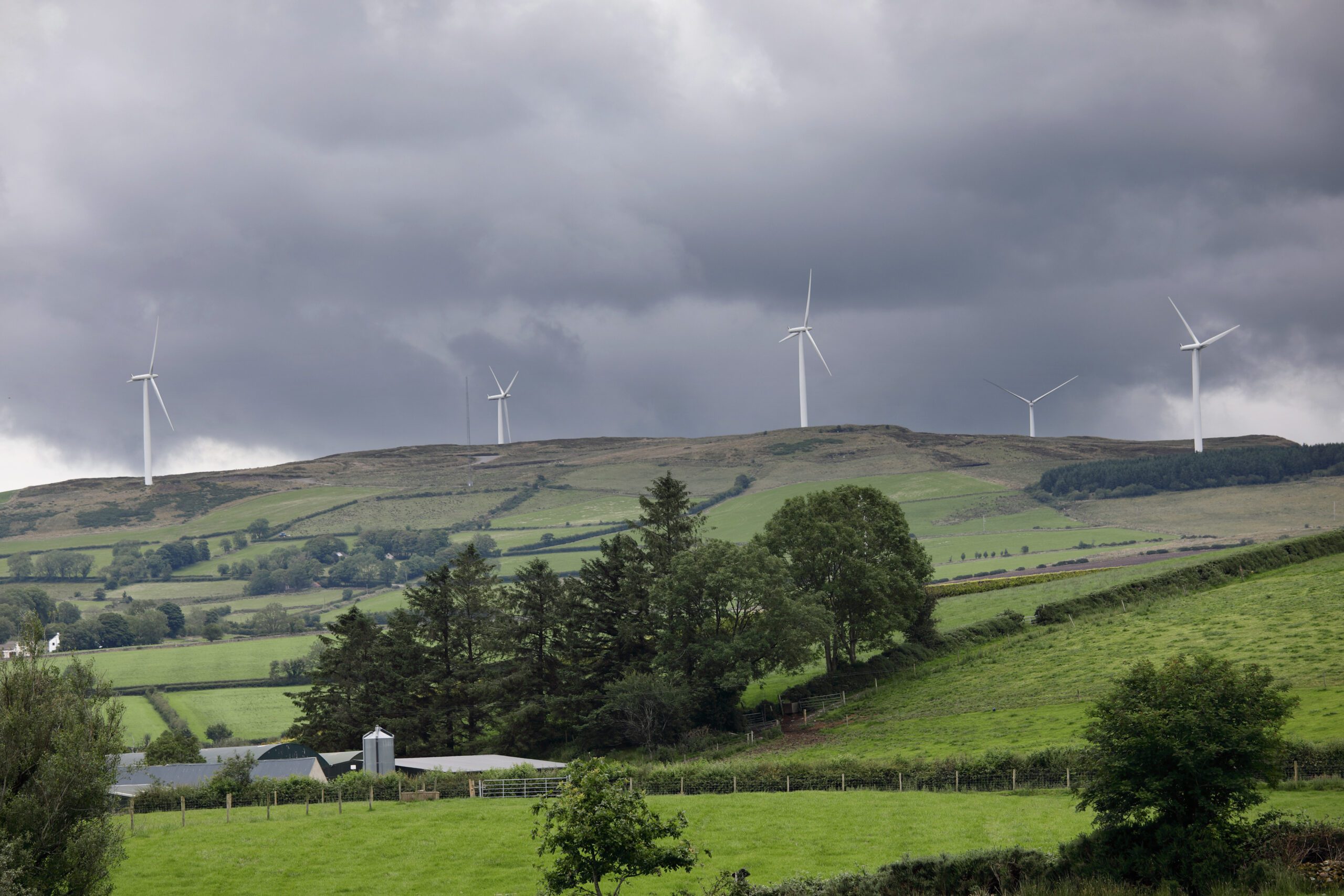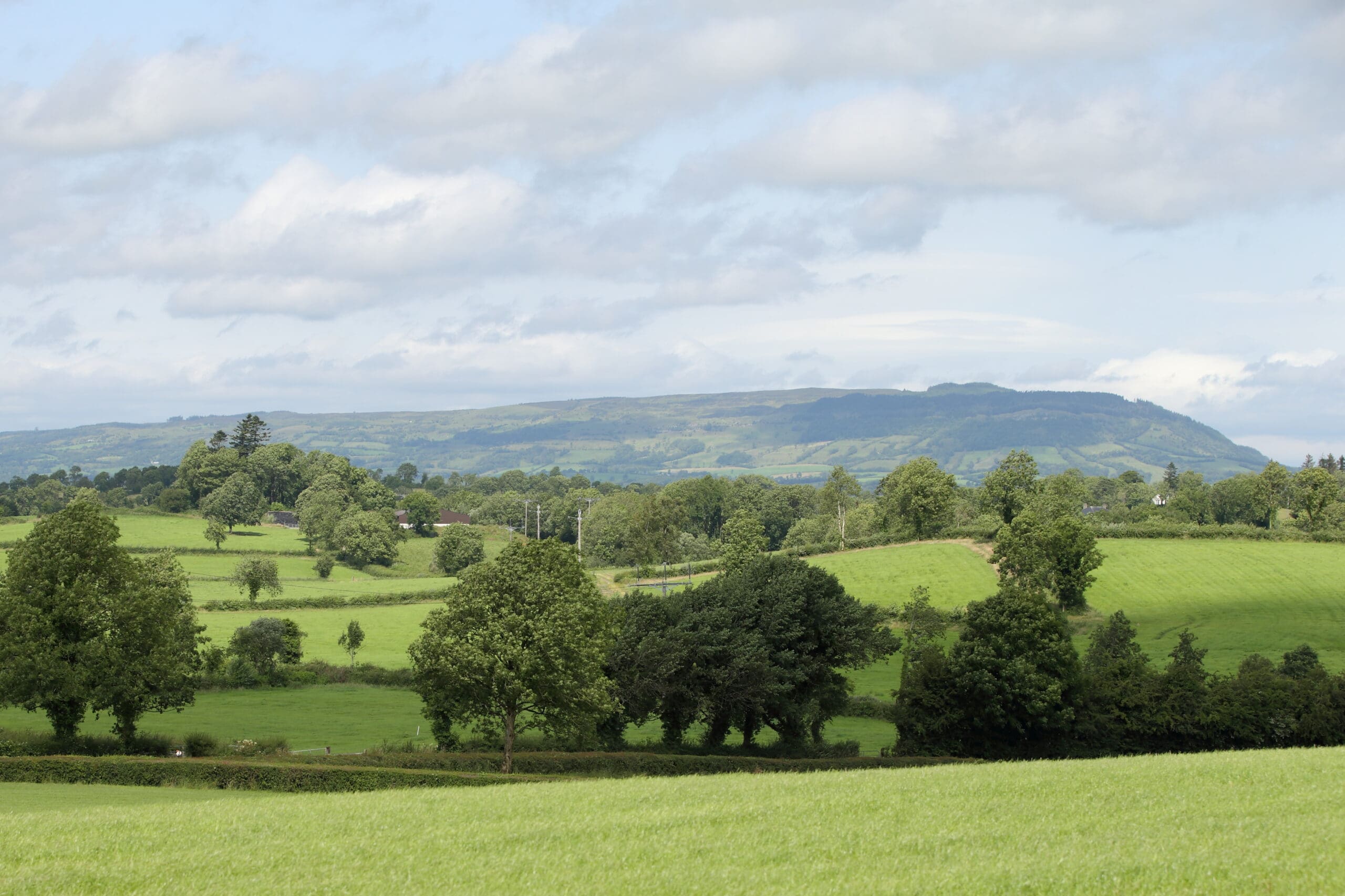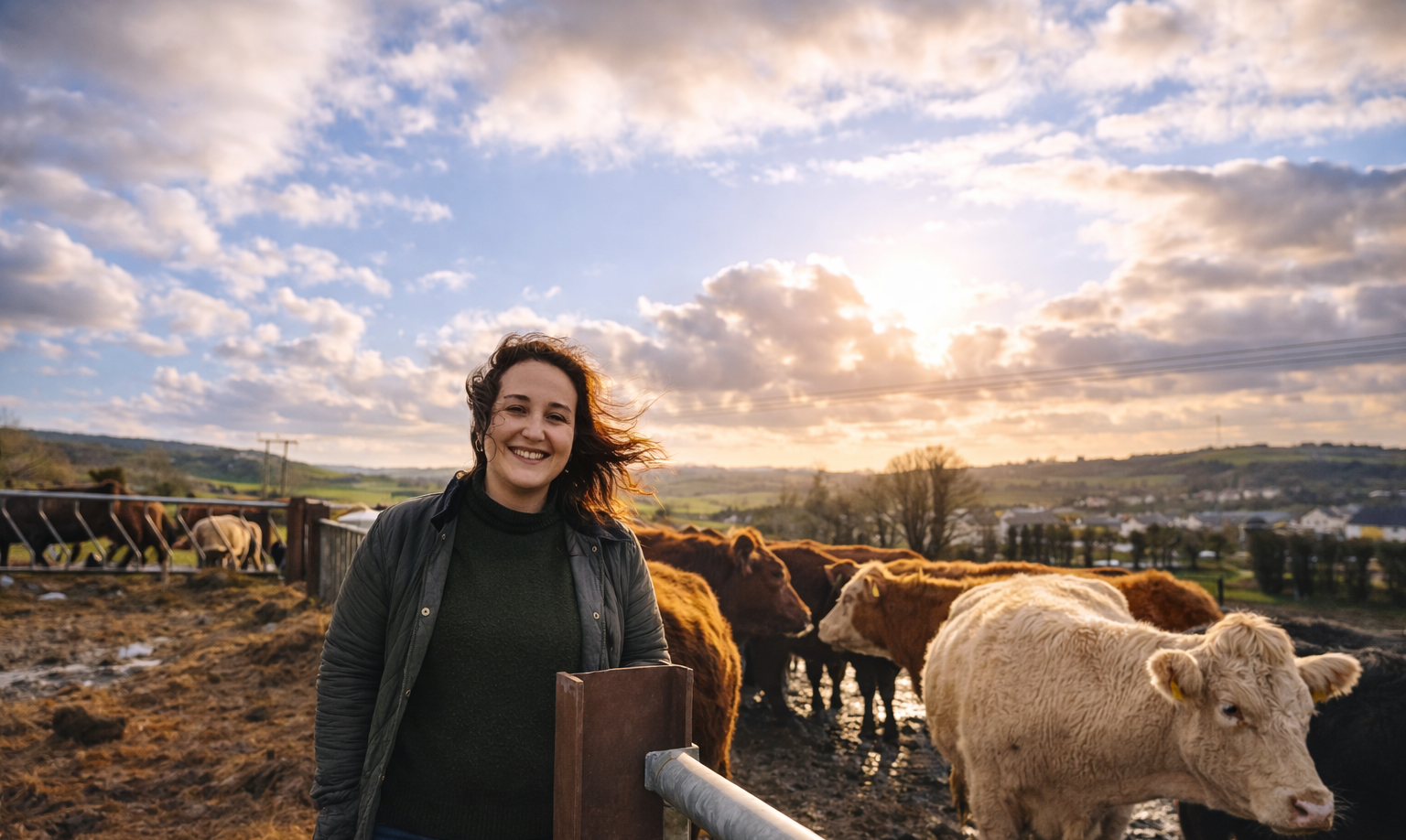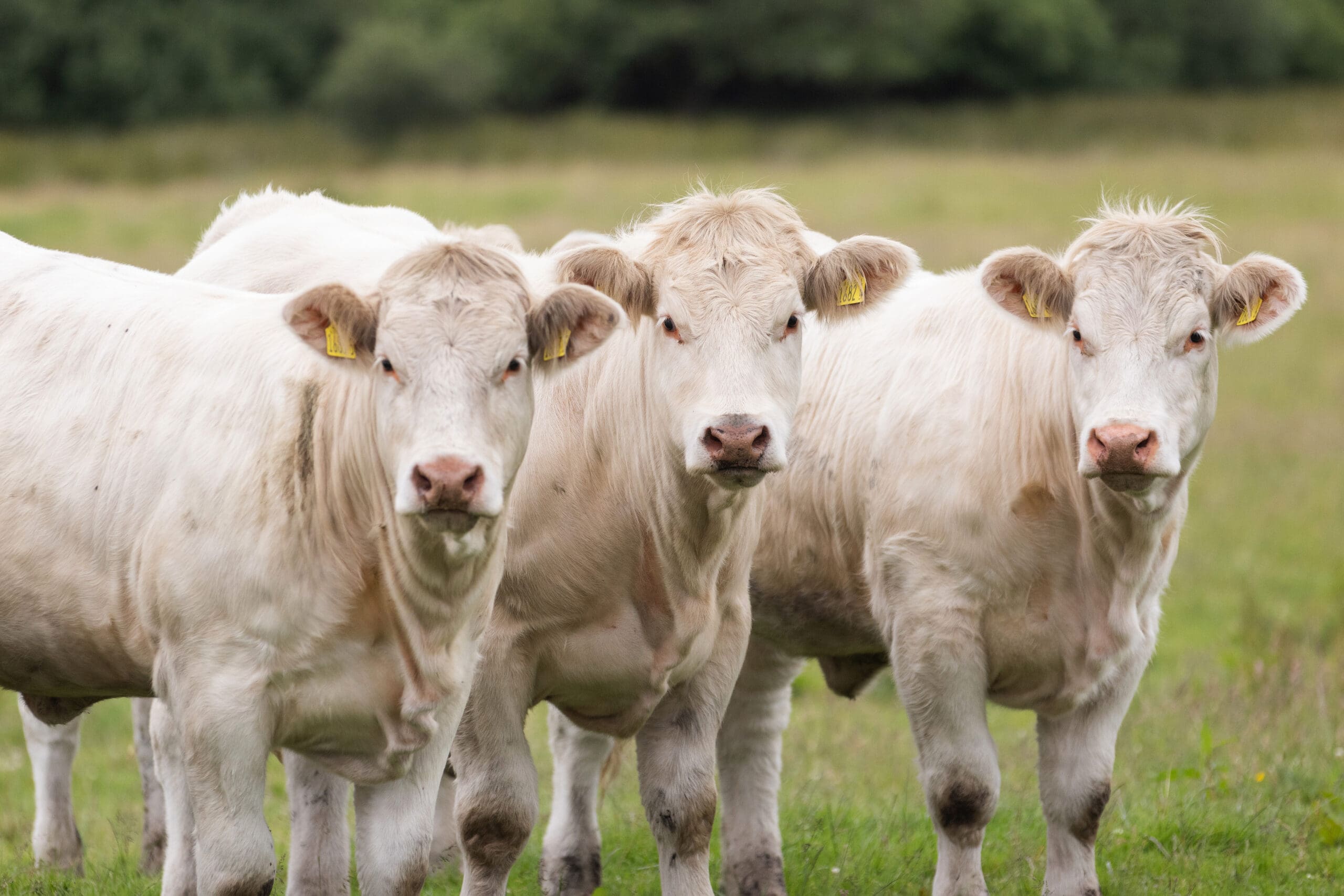
Tyrone countryside. Picture: Cliff Donaldson
The Ulster Farmers’ Union (UFU) has welcomed the publication of the Carbon Budget 2023-2027 consultation announced today (21 June) by DAERA, however, it is gravely concerned about the climate change targets that have been set out in this.
UFU president David Brown said, “There is no doubt that action is needed to tackle the biggest issue facing the planet and one which impacts everyone. The starting point for any Carbon Budget and Climate Action Plan is that it’s based on evidence and advice, supported by relevant and comprehensive socio-economic analyses and impact assessments on all the proposed policies. It’s utterly disheartening to now have Climate Change legislation in place for Northern Ireland (NI) that went against the original expert advice leaving local farming and food production in a very challenging and difficult situation. While we now have more clarity around Carbon Budgets it is vital that the Climate Action Plan that follows, is properly considered to ensure it does not result in serious implications for our local agri-food industry which is the backbone of the NI economy and rural society here.
“When the two climate change bills were passing through the NI Assembly in early 2022, the Climate Change Committee clearly warned our politicians of the detrimental impact unrealistic targets would have on the agri-food industry, having a knock-on affect on rural communities. Yet, the warning fell on deaf ears and now we have almost impossible legislative targets being imposed on us. The only way we have any hope of achieving these, is with radical changes being strictly imposed across all of society coupled with a hefty budget to help ensure it can be delivered. Even then, it is not guaranteed.
“It is absolutely critical that going forward, agriculture is not sacrificed in an attempt to meet the impractical climate change targets that politicians have thrust upon us. We have said it endless times before, NI farmers are part of the solution. They are committed to playing their part in reducing emissions while feeding the nation. Science and innovation within the agri-food sector is moving at pace to address this issue. Our farmers will adapt, becoming more resilient to producing food in a changing climate, considering new opportunities for land use as well as contributing to renewable energy and the bioeconomy.
“However, suppressing local agriculture and reducing our capacity to produce food is not the answer as we will only end up importing produce from countries with higher emissions and lower standards to meet demand. It must also be recognised that methane is a short-lived greenhouse gas in the atmosphere and that a stable livestock population does not contribute to global warming. Therefore, it must be accounted for differently and we will continue to monitor the science that is developing.”




